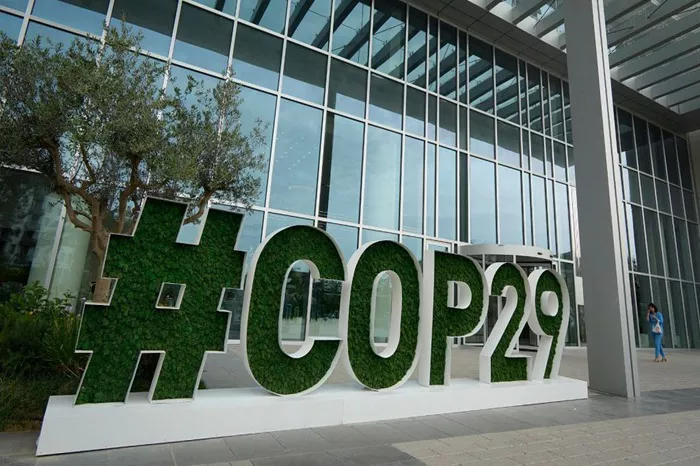The conclusion of COP29 in Baku has left climate advocates disillusioned, as the outcomes fall short on multiple fronts. A key decision, which states that developed nations will provide $300 billion annually for climate finance by 2035, remains far from the scale of funding required to address the growing climate crisis. Worse still, the decision fails to address critical issues such as loss and damage, underscoring a lack of ambition and clear direction in the talks.
Despite scientific warnings of an escalating climate emergency, Baku’s discussions lacked the sense of urgency needed to tackle the crisis. The latest report from the Climate Action Tracker found that over the past three years, there has been negligible progress in both global climate action and future commitments. This stagnation occurs amid a backdrop of increasingly deadly, climate-linked catastrophes around the world.
In a particularly concerning move, COP29 deferred the implementation of the first global stocktake, a vital component of the Paris Agreement that evaluates global progress every five years. The 2023 stocktake already revealed, in no uncertain terms, that the world is far from meeting the Paris Agreement’s goal of limiting global warming to 1.5°C. It called for urgent action to phase out fossil fuels, yet COP29 failed to deliver.
A significant factor in these disappointing outcomes is the influence of fossil-fuel-dependent nations, particularly Azerbaijan, which presided over the summit. Despite concerns over Azerbaijan’s reliance on oil and gas, the presidency largely sided with larger emitters like Saudi Arabia, often disregarding the concerns of smaller nations, including vulnerable island states and least developed countries. Evidence also emerged late in the conference of Saudi Arabia influencing the text of key agreements, raising questions about the integrity of the decision-making process.
The failure of global leaders to respond adequately to the escalating climate crisis is also evident in countries like Australia. Although Australia’s climate change minister, Chris Bowen, is seen as committed to addressing the issue, the broader Albanese government has shown a troubling lack of resolve. Australia’s emissions from fossil fuel production have stagnated, and the government remains heavily invested in fossil fuel development, particularly gas, despite the catastrophic impacts of climate change already being felt across the country.
The fossil fuel industry continues to wield substantial influence at the global level, with 1,700 lobbyists present at COP29 fighting against meaningful climate action. The industry’s dominance is evident in its promotion of false solutions like carbon capture and storage, the focus on offsets over actual emissions reductions, and continued subsidies. Oil and gas emissions were responsible for 90% of the global increase in CO2 emissions last year, with gas being the largest contributor.
Australia, in particular, faces criticism for its role in exacerbating the global climate crisis. Research shows that Australian fossil fuel exports, especially in the form of gas, contribute more to global emissions than the country’s domestic emissions. As one of the leading promoters of gas development in the Asia-Pacific region, Australia is undermining efforts to transition away from fossil fuels.
Looking ahead, the international climate landscape remains fraught with challenges. Next year’s COP, hosted by Brazil, holds the potential for meaningful progress, but the support of nations like Australia will be crucial. President Lula’s government aims to secure a strong outcome at COP30 to limit warming to 1.5°C, but this will require cooperation from all nations, including Australia. The key question is whether Australia will prioritize its fossil fuel interests or step up its commitment to climate action.
Moreover, Australia’s bid to host COP31 in 2026 raises further questions about the country’s climate priorities. While Bowen sees the potential benefits of hosting the summit for advancing domestic climate action, there is little evidence of a whole-of-government commitment to achieving significant climate goals. The continued promotion of gas development by the Albanese government undermines the credibility of Australia’s climate leadership.
As climate impacts intensify in the coming years, the pressure on governments to take decisive action will only grow. COP31, just a few years away, will be a critical moment in the global fight against climate change. If Australia continues to prioritize fossil fuel expansion, it risks positioning itself on the wrong side of history, at a time when the world needs bold leadership and urgent action.
Related topic:
Natural Gas vs Traditional Fossil Fuels: Which Is Better?

